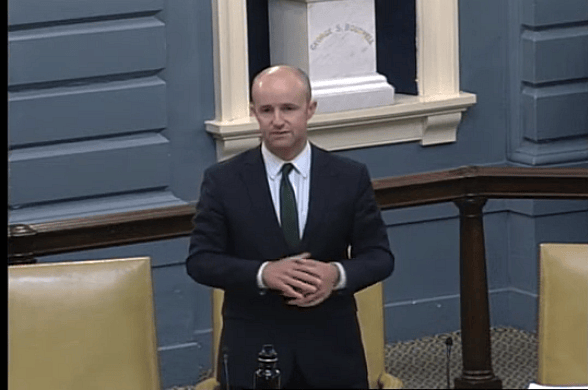News

Democratic Candidate for Governor Benjamin Downing Backs Mandatory Vaccinations for Police, Teachers

By Matt Murphy
State House News Service

